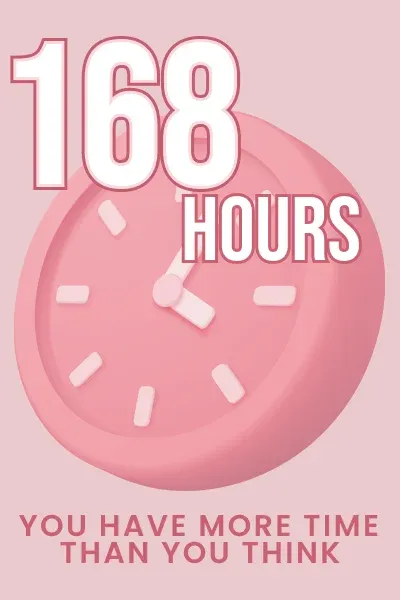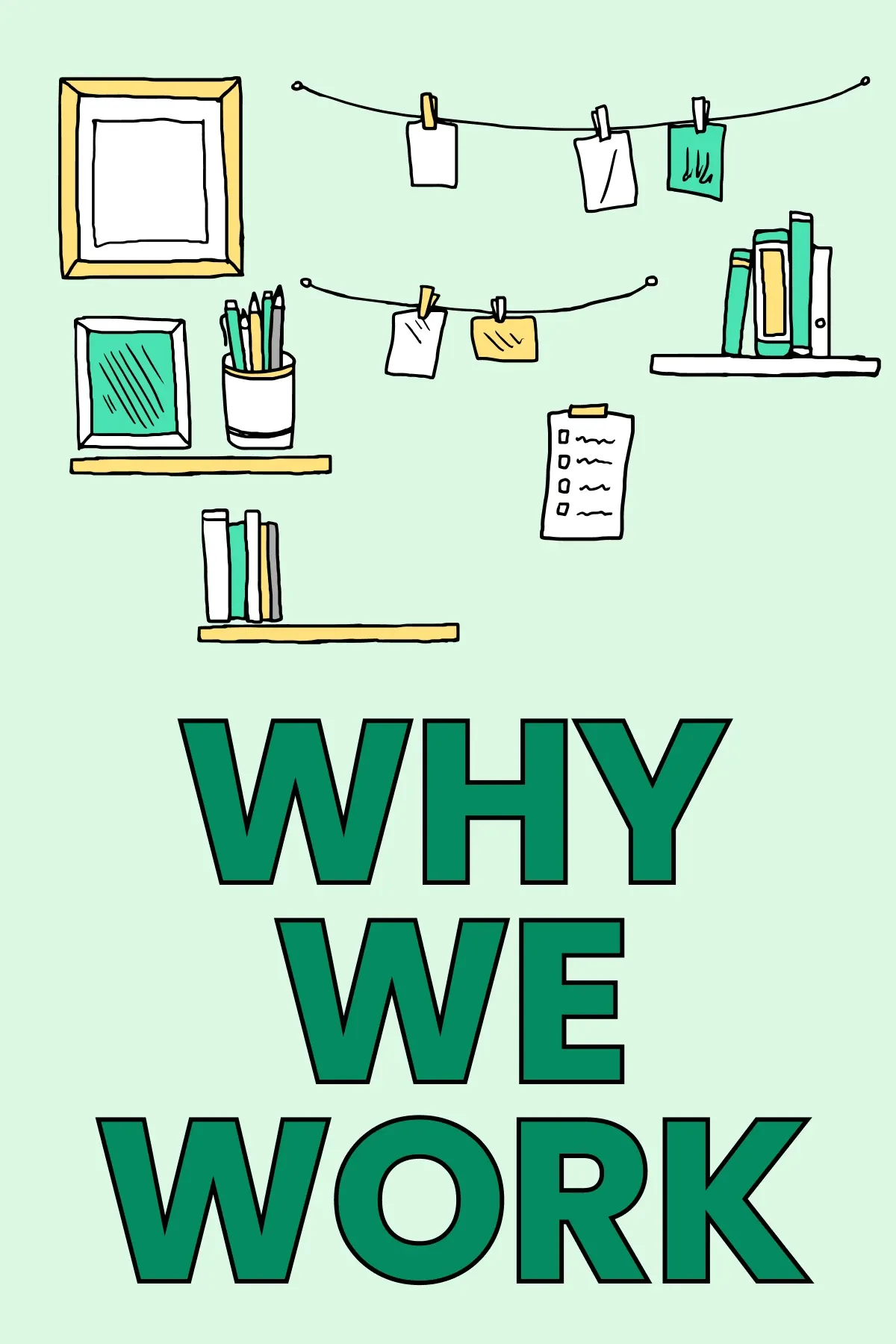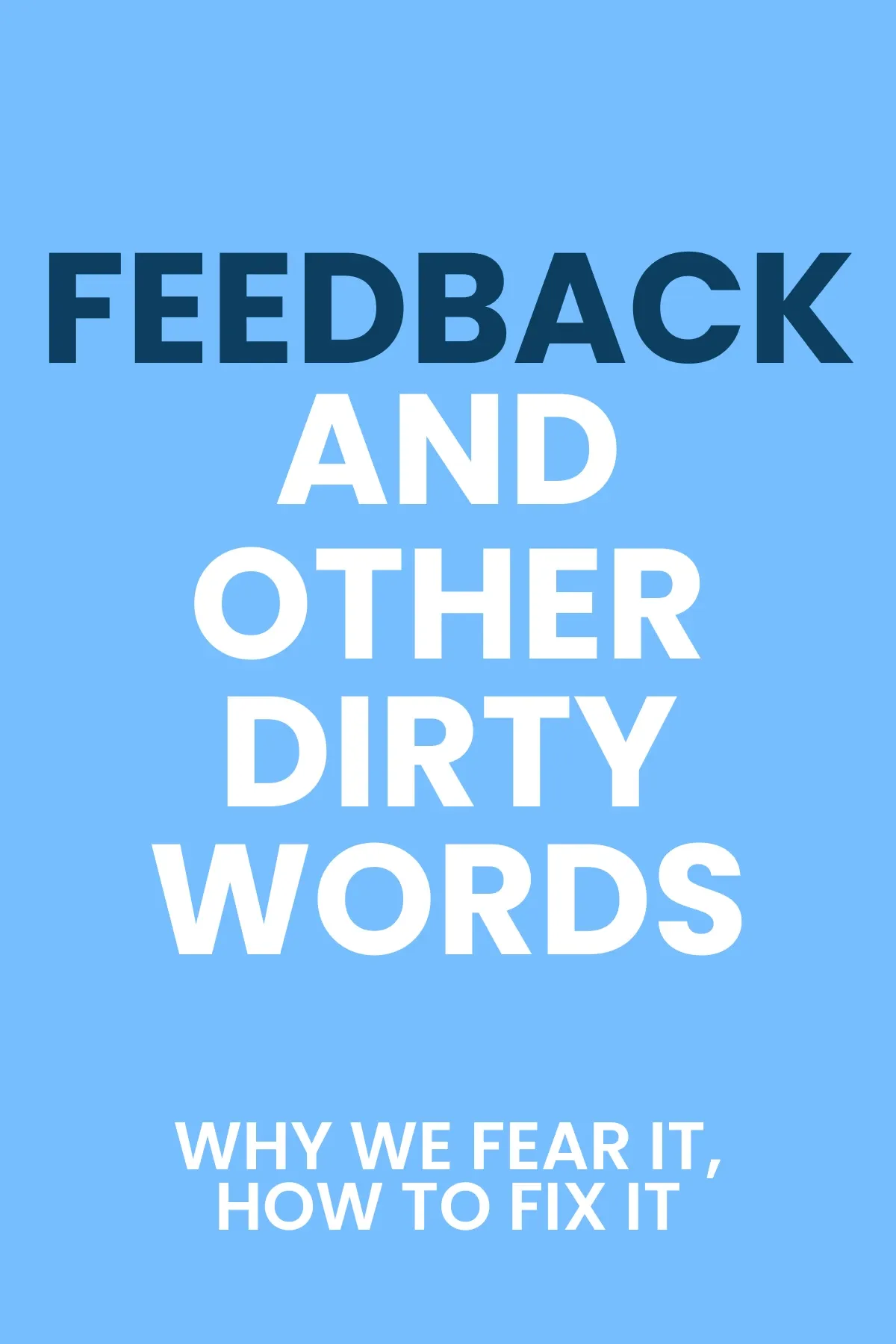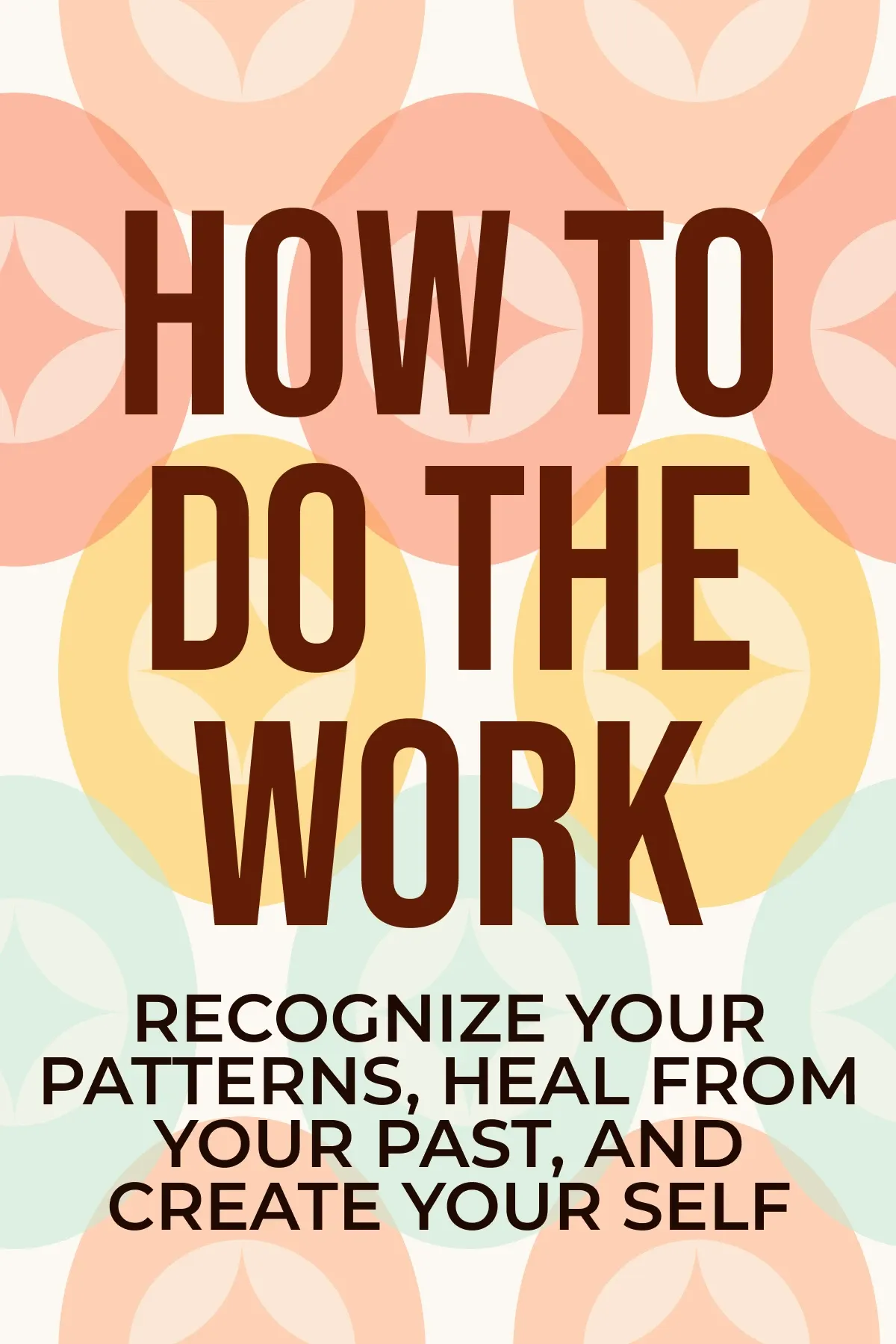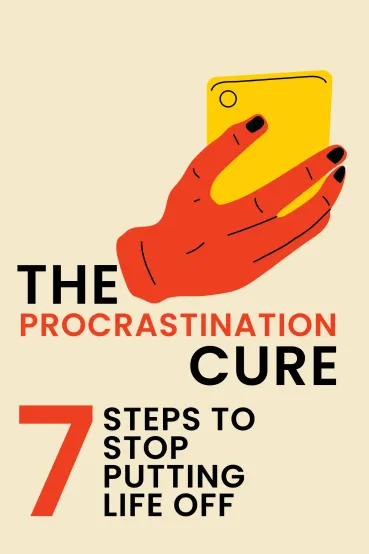
The Procrastination Cure
Brief Summary
“The Procrastination Cure” by Jeffrey Combs explores the background of procrastination. Discover various types of procrastinators and define which one sounds most like you. The book will provide recommendations based on the author's long-term experience coaching people who procrastinate.
Key points
Key idea 1 of 6
Do you think it is possible to procrastinate for fifteen years? Unfortunately, yes. In the author's practice, a client started filing her taxes after just such a delay!
Although this is only an instance, the overall picture is even more impressive. According to experts, due to procrastination, people overpay millions in penalties for late tax filings or mistakes made under time pressure. And this applies to 40 percent of Americans. Still, it is not the worst of procrastination-related issues.
Let's take the situation of a woman who evaded taxes for 15 years. She started procrastinating with a slight uneasiness that grew as the potential consequences became more severe. Gradually, the fear of the repercussions became so strong that the woman could not sleep and had to ask for the author's help. This is probably the worst effect of procrastination. It robs us of happiness and welfare. So, what exactly is procrastination? And why are we so prone to it?
Psychologists Albert Ellis and William Knaus define procrastination as putting off accomplishing a task until we start feeling uncomfortable. So, we face a paradox here. We expect to leave discomfort behind in the race to avoid challenging tasks. On the contrary, we end up feeling uncomfortable about this avoidance.
To eliminate procrastination, we need to learn not so much to manage our time as to manage our emotions. We must realize what emotions cause us to delay tasks. Although they are related, we shouldn’t mix up procrastination with irresolution. The last one prevents you from making a decision, but procrastination prevents you from acting when the decision has already been made.
There is a big difference between procrastination and simply postponing a task. Indeed, sometimes there could be quite a valid reason to postpone. Conversely, procrastination means you are still delaying even though you know it's high time you started.
Each of us has experiences and life circumstances that drive our actions. How do we know if we procrastinate too much? The author’s experiences with thousands of people come in handy. Some patterns in procrastinators' behavior show up repeatedly.
FAQ
You may also like these summaries







